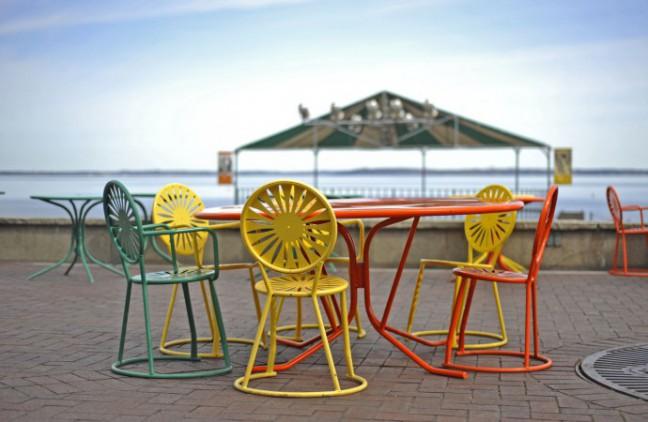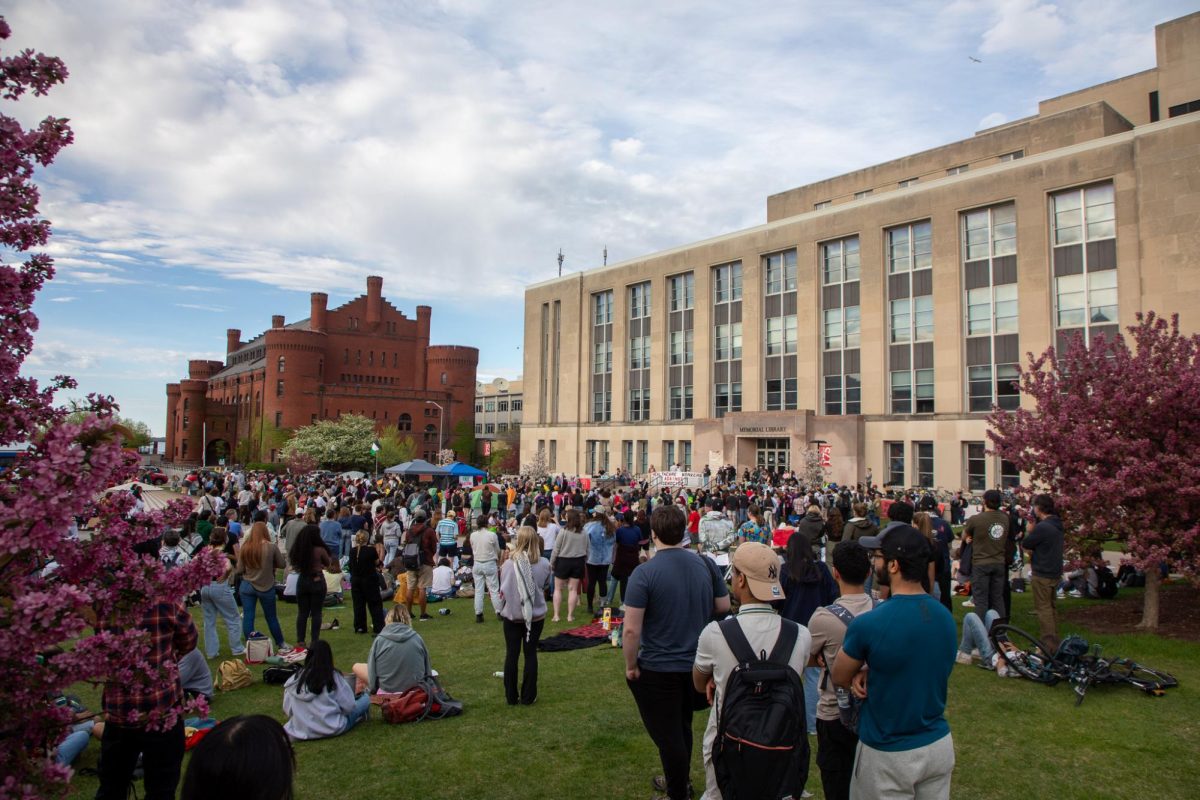Amid continuing budgetary challenges, the University of Wisconsin spent $150,000 to campaign for it’s summer term, resulting in both enrollment and revenue increases.
The campaign to promote summer term at UW brought in $4 million in revenue — a 20 percent increase in revenue from previous summers, Sarah Barber, assistant dean of Continuing Studies and director of Summer Session, said. Additionally, overall student enrollment increased by 10 percent.
Driving forces in summer enrollment increase
UW promoted summer term in a variety of ways, including hosting events in residence halls and a summer term fair at Union South, Barber said.
Sponsored advertisements on social media sites such as Facebook and Twitter were also used to promote the summer term. The cost of these promotions was approximately $25,000, Barber said.
In addition to advertising, UW expanded the number of courses offered to include 77 new courses, Barber said.
One of the major changes in 2016 was to offer courses that were in high demand for students during the academic year, such as Anatomy 328, Barber said. Additionally, more of those popular classes were also offered online.
Barber said these efforts were the driving forces in the 10 percent overall enrollment increase as well as a 44 percent increase in online enrollment.
“This growth is really positive,” Barber said. “We have gotten better at addressing student demand.”
Summer revenue adds ‘drop in the bucket’ for UW funding
The campaign comes at a time when the UW System has been experiencing budget challenges.
$250 million cut to UW System remains as Assembly passes state budget
In a letter sent to all heads of state agencies, Gov. Scott Walker said agencies should not request additional funding for the 2017-19 state budget and said he would be extending the UW in-state tuition freeze, meaning schools wouldn’t be able to get more funding by increasing tuition for students with in state tuition.
UW System President Ray Cross, however, requested a $42.5 million increase in funding for the UW System in the 2017-19 state budget.
Regents approve $42.5 million budget focused on developing workforce, college affordability
Walker has considered performance based funding for UW schools and/or lifting the freeze, but his final decision for the UW System’s budget remains unclear.
Impacts of Walker’s UW performance funding plan remain unclear
Noel Radomski, director of the Wisconsin Center for the Advancement of Postsecondary Education, said the summer revenue generated is a start to alleviating of some of UW’s budget problems.
“The $4 million will help, but it is a drop in the bucket,” Radomski said. “It is under the larger goal of increasing summer enrollment to increase the revenue.”
Summer term revenue is expected to grow each year, Radomski said. In upcoming years, UW may expand marketing for summer term from just undergraduate students to graduate students as well, Radomski explained.
Radomski said UW will attempt to tackle the budget issues by seeking an overall enrollment increase for fall, spring and summer terms, particularly from non-resident international students, since their tuition is the highest.
Other motivations for advertising campaign
Barber said the summer campaign’s intent was to reduce time to degree. Taking summer classes can also lighten students’ course loads during the traditional academic year, which gives them the opportunity to search for internships and study abroad, Barber said.
Barber said advertising was also important to make sure students were aware of the new changes that allowed for additional classes and online options.
These changes were largely based on student feedback. In 2014, the Division of Continuing Studies started investigating changes that could be made to the summer term, Barber said. Students expressed interest in having UW develop new courses and make certain courses available online to accommodate more students and reduce debt, Barber said.
“The campus as a whole has been focused on rethinking summer term and UW wanted to be sure students were involved in the process,” Barber said.

















